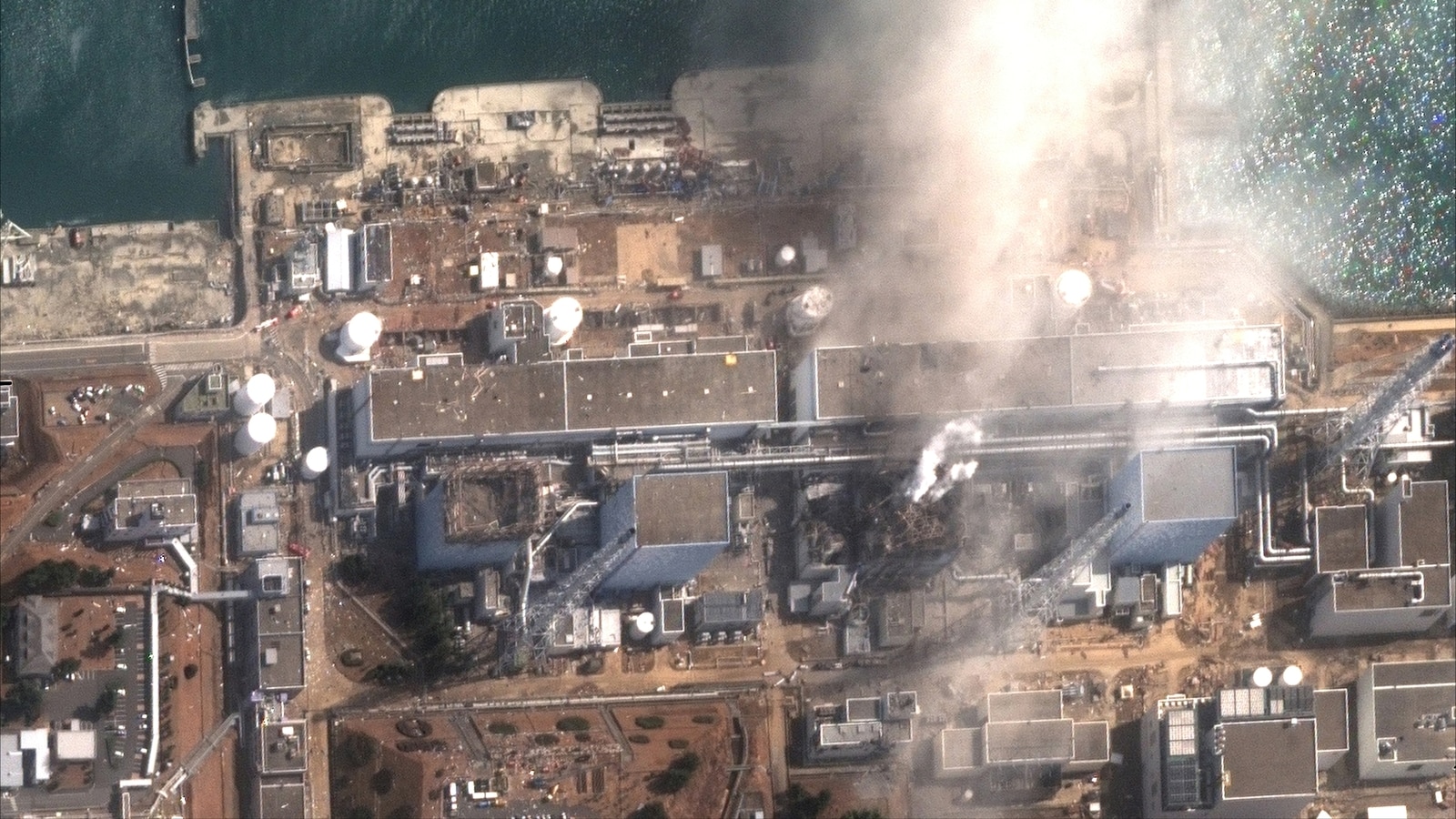Japan can now release Fukushima ‘radioactive water’ into the sea World news

Japan recently received approval from the United Nations, the International Atomic Energy Agency (IAEA), to release more than a million tons of “treated radioactive water” from the damaged Fukushima Daiichi nuclear power plant. This approval has faced opposition from local fishing communities and other countries such as China and South Korea, which share international waters, due to concerns about the potential impact.
The IAEA conducted a safety review and concluded that the release would have minimal effects on the environment, consistent with water releases from nuclear plants in other locations. The nuclear agency said the safety review addressed technical questions and provided commentary on the science behind the planned release, asserting that it would have a “negligible radiological impact on people and the environment.”
But Japan’s fishing communities have voiced their opposition to the plan, fearing it will undermine a decade of efforts to rebuild their industry. They expect a decrease in consumer confidence, leading to reduced demand and lower prices for their handling. Although the Fukushima authorities have implemented strict pollution testing measures, many consumers remain skeptical about the safety of fish and products from the area.
When and how will this radioactive water be released?
The Japanese government has announced that the water release will begin before the end of summer. The country’s Nuclear Regulatory Authority confirmed on Friday that the critical equipment and facilities for the release of water have passed their inspections.
Prior to its release into the ocean, Japan had stated that the water would be treated to remove most of the radioactive material, except for tritium, a hydrogen isotope that is difficult to separate from water. Treated water will be diluted to levels well below those approved internationally.
What is Tritium?
Tritium is considered relatively safe because it does not emit enough energy to penetrate human skin. But when it is ingested – through seafood, for example – it can raise cancer risks, according to The Guardian report that prompted a Scientific American article in 2014.
The IAEA says nuclear plants around the world use a similar process to dispose of wastewater containing low-level concentrations of tritium and other radionuclides.
Opposition from China, South Korea
The IAEA report has received strong criticism from Beijing, which believes that the program’s involvement with potential risks to marine life and human health is “unacceptable”, despite Japan and the IAEA confirming its environmental impact. less than
Due to safety concerns, China announced on Friday that it would increase its inspection of imports from Japan. The country’s customs authority said it would ban food imports from the 10 regions of Japan affected by the spill and enforce strict radiation tests on food from the rest of Japan.
In response to the planned water release, hundreds of people in the South Korean capital protested on Saturday, demanding Japan abandon its plans. Meanwhile, the head of the United Nations nuclear agency held talks with senior officials about public concerns on food security.
Earlier on Friday, South Korea announced that Japan’s proposal to release radioactive water stored from the Fukushima nuclear plant met international safety standards, and that it respected the approval of the United Nations for the release. South Korea’s approval comes after conducting its own assessment and amid recent efforts to improve relations between the two Northeast Asian countries.
Fukushima meltdown
A large earthquake with a magnitude of 9.0 occurred on March 11, 2011, leading to a nuclear tsunami that damaged the power supply and cooling systems of the Fukushima Daiichi nuclear plant. As a result, reactors No. 1, 2, and 3 experienced meltdowns and released a significant amount of radiation. In this nuclear plant, around 1.33 million cubic meters of water, including groundwater, rainwater, and water used for cooling, have accumulated.
(With inputs from companies)







